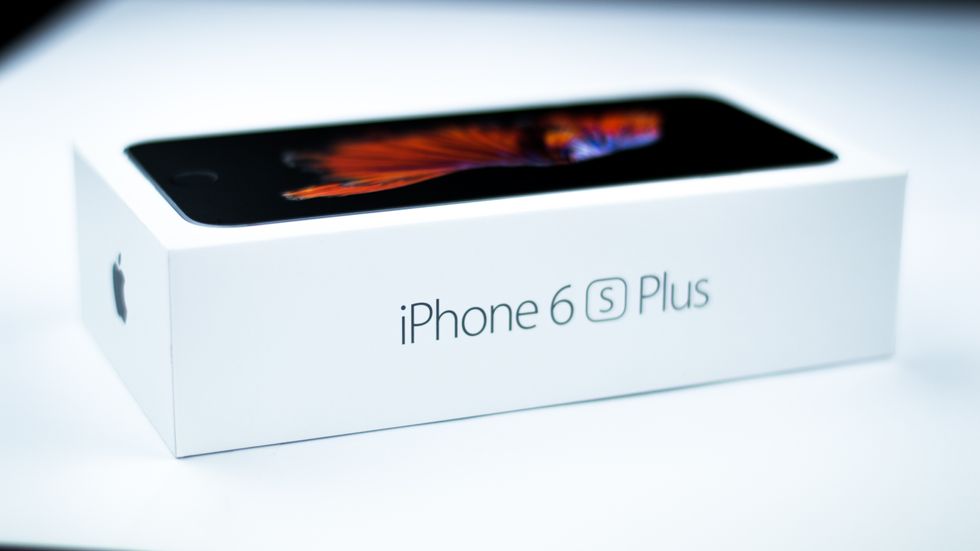Since as early as 1605, journalists have struggled with two opposing viewpoints when it comes to how stories are portrayed via journalism. On one side, ethos is the way to go; being truthful and accurate builds trust and lets the public know they can depend on the information you provide. On the other, pathos is the most useful choice; by using emotion to guide the public, it's easier to get readers to make a vote, or buy a product. In 2016, we can now see the two sides more clearly. As brand journalism is pushed out more into the open — something that has always existed now has a name, a face and therefore is more open to criticism. These are two sides, with obvious ethical differences ... but which is right?
Journalism is the industry of ethics, its entire principle and purpose revolves around the concept. Without ethos, the public has no reason to believe what is told to them, and so this whole foundation of the press is built upon trust, upon accuracy and upon truthfulness. It is by a strict code of ethics that journalism has grown and flourished over the years. It is over these long years that journalists have build up a strong foundation of ethos.
For hundreds of years, large corporations and brands didn't have a strong direct influence on the public via advertising. Anything that got from one of these brands to the public had to do so by going through the press. At first that meant newspapers and magazines; but as time progressed, radio and television emerged. Eventually, corporations began getting around this “wall” by purchasing newspapers and television networks so that they would have no opposition or censorship to their advertising.
With the dawn of the Internet, the world entered a golden age of advertisement. No longer did corporations have to hide behind the facade of newspapers and magazines, the Internet gives all an equal footing in terms of access and exposure, and with almost total immunity in regards to censorship. Perhaps most important of all, the Internet is completely anonymous. This allows large corporations to forgo ethos completely and take on whatever form they'd like. Enter the age of content marketing, brand journalism and the advertorial.
Once strong and ethical publications (such as TIME and Forbes) have entangled themselves in a culture of advertorials (paid advertisements disguised as editorial or journalistic articles). By abusing the ethos that these publications have built over time, they are not only degrading themselves, but degrading all journalists.
“It has been found,” says David Ogilvy, “that the less an advertisement looks like an advertisement and the more it looks like an editorial, the more readers stop, look and read." The reason that native advertising, or advertorials, work so well is that their main goal for a piece is the same as an advertisement, but with the primary focus of the viewer not being able to tell that they are looking at an advertisement. According to a November 2012 MediaBrix survey, 66% of online consumers feel that these advertorials are misleading.
Brand marketing is the same. When viewers see stories online, most assume that they are true. When companies like airlines, social networks or even search engines use storytelling to encourage brand interaction, it works. The problem is introduced when the line between true and fictional stories about a brand is blurred. When companies like Coca Cola or Google tell stories about how customers use their product, it can be difficult or impossible to tell whether the story is true, or simply made up to advertise the brand. This leads to a direct conflict with the ethos that these companies have built.
That is not to say, however, that native advertising is ethically incompatible. ANA President and CEO Bob Liodice says that, “Native advertising is proving to be a win for marketers, consumers, and publishers…however, consumers must be able to tell the difference between native advertising and editorial because proper disclosure is mandatory. Marketers have a responsibility to be transparent to maintain trust, and they must play a lead role in working with publishers to ensure proper disclosure.”
Despite ethical concerns, an ANA poll in fourth quarter 2014 showed that 58 perecent of respondents companies said they used native advertising in 2014, and increased native advertising budgets by over 55 percent from 2013. Despite this, for 68% of respondents, native advertising amounted to less than 5 percent of their total budget. While it is clear that native advertising is growing in popularity, it still has a long way to go in terms of catching up with older techniques.
It will be quite some time until we know whether or not old and new, ethos and pathos, will be able to reconcile their differences within these industries. Until then, the question requires much thought, study and pondering. Ultimately, it is up to the individuals within the industries to decide where they stand on the issue and produce their own arguments.






 The minimum wage is not a living wage.
StableDiffusion
The minimum wage is not a living wage.
StableDiffusion
 influential nations
StableDiffusion
influential nations
StableDiffusion












